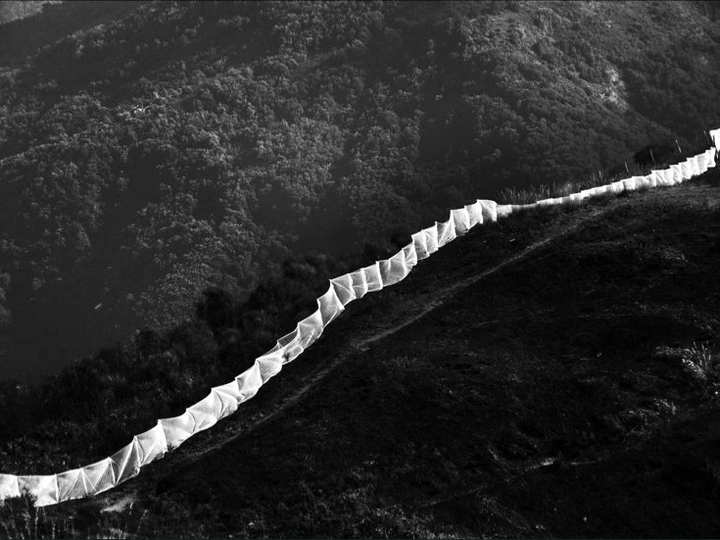Rural Remnants

Mariangela Vertuani
Michela Falcone and Mariangela Vertuani
Michela is an architect and an educator who has worked as an architect in internationally renowned practices such as Shigeru Ban, UN Studio and Zaha Hadid Architects where she specialised in the design of complex geometry. Michela teaches in First Year at the Architectural Association and leads the Spatial Design Programme at Buckinghamshire University. She is a mentor for the programme Woman in Architecture 2024 and she curates the web platform Experimental Architecture. Her work has been featured in international press and her installation work has been exhibited in the Lyon Biennale and Rome Open House among others. She has been a FRAME awards juror and she recently published a book on ELASTICOFarm – Stefano Pujatti, an experimental architectural practice based in Italy and Canada. With her practice, she is currently working on the design of a farmhouse in Tuscany, that plays with the visual role of an architectural mark in the landscape.
Mariangela is an architect, founder of COMBO, an architectural practice that focuses on design of spaces for education and learning. She has been collaborating with Sparch Office since 2012. Her approach focuses on the initial phase of the design process, exploring the most coherent solution from a spatial point of view. Mariangela is also a mountain enthusiast and in parallel with her activity with Sparch and COMBO, she works as a ski instructor.
Our project delves into the intricate dynamics between rural hinterlands and urban centres, recognizing the overlooked significance of depopulating regions. These areas, despite experiencing demographic decline, retain tangible and intangible heritage elements that serve as echoes of their vibrant past. From architectural remnants to cultural traditions, they form an invaluable part of our collective identity and history.
At the heart of our proposal lies the concept of preservation through reinterpretation: by analysing the distinctive features that define these areas, we aim to highlight them through interventions that will serve as visual and experiential markers, drawing attention to key landmarks and narratives within the rural landscape. These could include art installations, interpretive trails, and immersive experiences that invite visitors to explore and engage with the environment.
By shedding light on the hidden treasures of depopulating areas, our project aims to catalyze a shift in perception, from neglect to appreciation. By fostering a sense of community, we aspire to create sustainable initiatives for heritage conservation and economic revitalization. By forging connections between urban and rural dwellers, we envision a more inclusive and interconnected society, where the richness of rural heritage is embraced and celebrated.
Our proposal takes a comprehensive approach to preserve and celebrating the interplay between rural areas and urban centers. By recognizing the lasting impact of depopulation, we aim to cultivate a future where these landscapes flourish as vibrant reminders of our collective heritage and cultural richness.